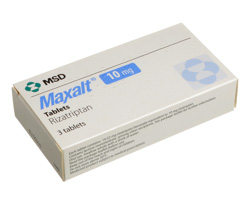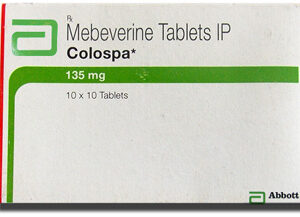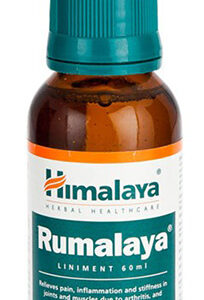Aleve, also known by its generic name naproxen sodium, is a nonsteroidal anti-inflammatory drug (NSAID) commonly used to relieve pain, reduce fever, and decrease inflammation. It belongs to a class of medications called nonselective COX inhibitors, which work by inhibiting the production of prostaglandins, substances in the body that cause pain and inflammation. Aleve is available over-the-counter in various forms, including tablets, liquid gels, and caplets, and it is also available in prescription strength. It is widely used to treat conditions such as headache, muscle aches, menstrual cramps, joint pain, and arthritis.
Health Risks
While Aleve is generally safe for most people, there are certain individuals who should avoid taking this medication due to the following contraindications:
- Individuals with a known hypersensitivity or allergy to naproxen or any component of the formulation
- People who have had an asthma attack, hives, or other allergic reactions after taking aspirin or other NSAIDs
- Patients with a history of stomach ulcers or gastrointestinal bleeding
- Those with severe kidney disease or undergoing dialysis
- Individuals in the third trimester of pregnancy, as it may harm the unborn baby or cause complications during delivery
Possible Side Effects
As with any medication, Aleve may cause certain side effects in some individuals. Common side effects include:
- Upset stomach
- Nausea and vomiting
- Heartburn
- Dizziness or headache
- Constipation or diarrhea
More severe side effects that require immediate medical attention include:
- Signs of an allergic reaction, such as rash, itching, swelling, severe dizziness, or breathing difficulties
- Signs of gastrointestinal bleeding, such as black, tarry stools or vomit with blood
- Chest pain or shortness of breath
- Yellowing of the skin or eyes, indicating liver problems
- Unexplained weight gain or swelling of the extremities
Taking Aleve Safely
When taking Aleve, it is important to follow these guidelines to ensure safe and effective use:
- Take Aleve with a full glass of water and with food or milk to help prevent stomach upset
- Do not crush or chew extended-release tablets, as this may increase the risk of side effects
- If a dose is missed, take it as soon as remembered, unless it is close to the next scheduled dose. In such cases, skip the missed dose and continue with the regular dosing schedule
- Avoid exceeding the recommended dosage or using it for longer durations than instructed by a healthcare professional
- In case of overdose, seek immediate medical attention. Symptoms may include nausea, vomiting, stomach pain, drowsiness, or black stools
Interactions Guide
Aleve may interact with certain medications, potentially affecting their effectiveness or increasing the risk of side effects. These include:
| Medication | Potential Interaction |
|---|---|
| Aspirin | May increase the risk of stomach ulcers or bleeding |
| Anticoagulants (e.g., warfarin) | May increase the risk of bleeding |
| Other NSAIDs | Combined use may increase the risk of side effects |
| Selective serotonin reuptake inhibitors (SSRIs) | May increase the risk of bleeding |
| Diuretics | May decrease the effectiveness of diuretics and increase the risk of kidney problems |
Questions and Answers for Aleve
-
Q: Can I take Aleve if I am pregnant?
A: It is not recommended to take Aleve in the third trimester of pregnancy, as it may harm the unborn baby or cause complications during delivery. -
Q: Can Aleve be used to treat a fever?
A: Yes, Aleve can be used to reduce fever, as it has analgesic and antipyretic properties. -
Q: Can I drink alcohol while taking Aleve?
A: It is generally recommended to avoid consuming alcohol while taking Aleve, as it may increase the risk of stomach bleeding or other gastrointestinal problems. -
Q: How long can I take Aleve for pain relief?
A: It is best to consult with a healthcare professional for recommendations on the duration of Aleve use for pain relief, as it may vary depending on the individual’s condition and other factors. -
Q: Can Aleve be taken with other pain medications, such as acetaminophen?
A: It is generally safe to take Aleve with other pain medications, following the recommended dosages and guidelines. However, it is advisable to consult with a healthcare professional for personalized advice.






Reviews
There are no reviews yet.